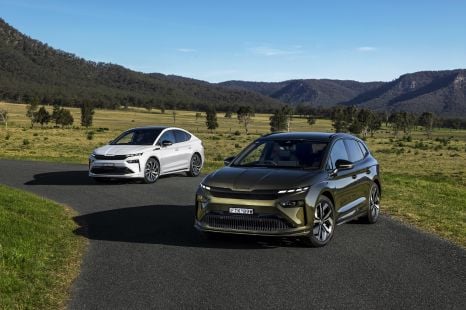

Max Davies
Skoda aiming for Tesla with new electric SUVs
5 Hours Ago

News Editor
Ford has only just started production of its first electric pickup truck but it already has another in the works.
“We’re already pushing dirt down in Blue Oval City in Tennessee for another electric pickup truck that’s different to this one,” said Ford CEO Jim Farley, standing next to an F-150 Lightning at an event commemorating the start of its production.
“It’s another truck,” he elaborated to reporters, per an Automotive News report.
Calling it an “all-new” vehicle, Mr Farley added: “This is not our only truck. We said very clearly we want to be the leader in electric pickup trucks.”
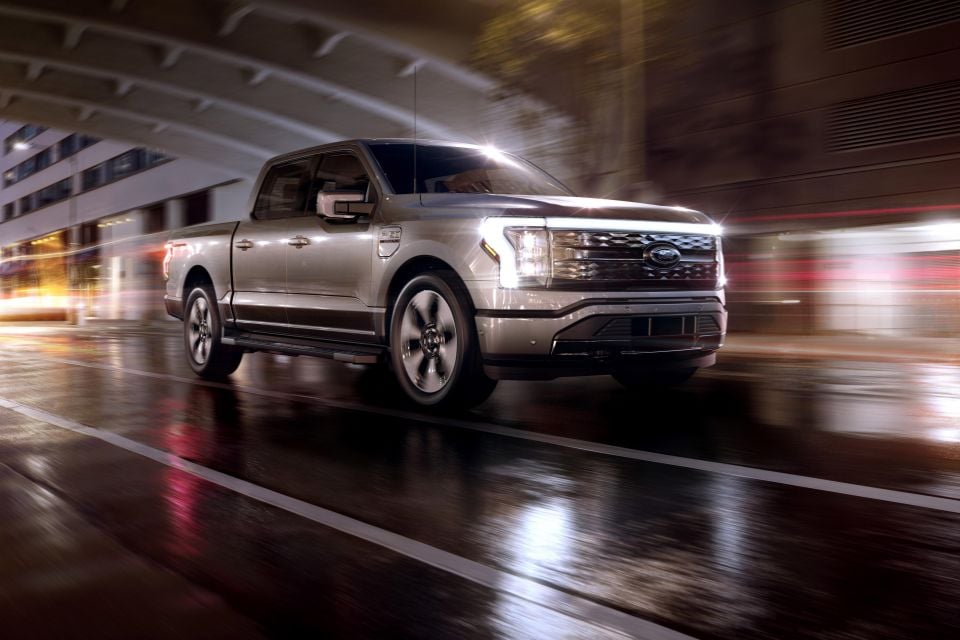
Ford had already announced in September 2021 it’d build the next generation of electric F-Series trucks at its new US$11.4 billion (A$15.7b) Blue Oval City plant, in addition to building batteries there with SK Innovation.
Production will begin there in 2025.
Earlier in 2021, Ford announced it was rolling out two new EV architectures, one of which would be used for full-sized pickup trucks like the F-150 and, presumably, SUV derivatives like the Expedition.
That indicates Ford is developing a rival to the recently revealed Chevrolet Silverado EV, which rides a dedicated electric vehicle architecture rather than sharing its platform with the combustion-powered Silverado.
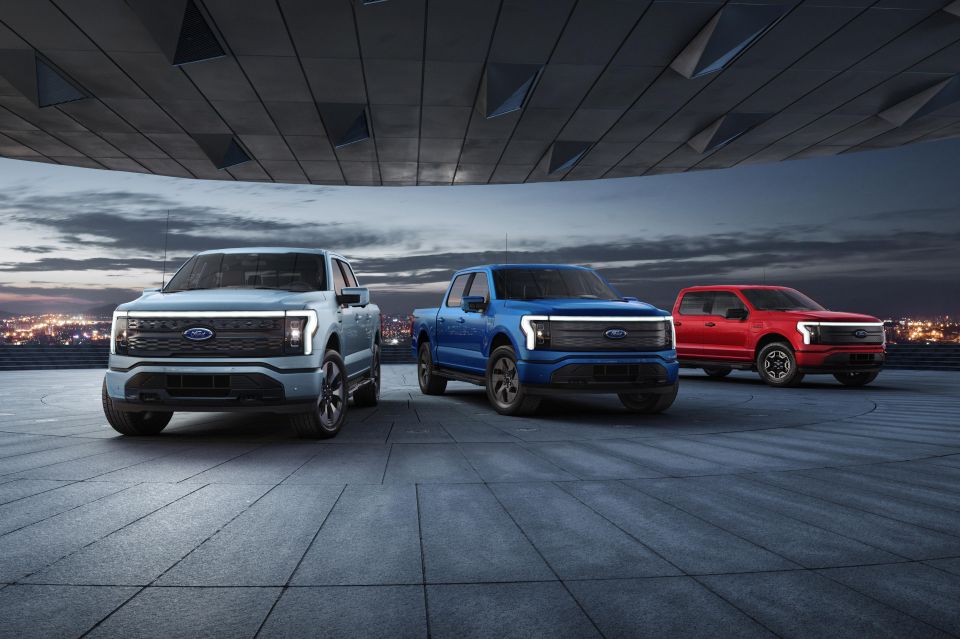
The F-150 Lightning, in contrast, is based on the 14th generation of the long-running, combustion-powered F-Series line.
As this only entered production late in 2020 and the Lightning is just starting to roll off the production line, Ford could be looking to sell the current Lightning alongside the next-generation electric F-150.
There’s precedent for this, with the American manufacturers often allowing their generations of pickup trucks to overlap. Ram, for example, still produces the old DS generation of its 1500 alongside the newer DT-series.
Alternatively, Mr Farley’s remarks about Ford working on “another truck” could mean he’s referring to a different model line entirely.
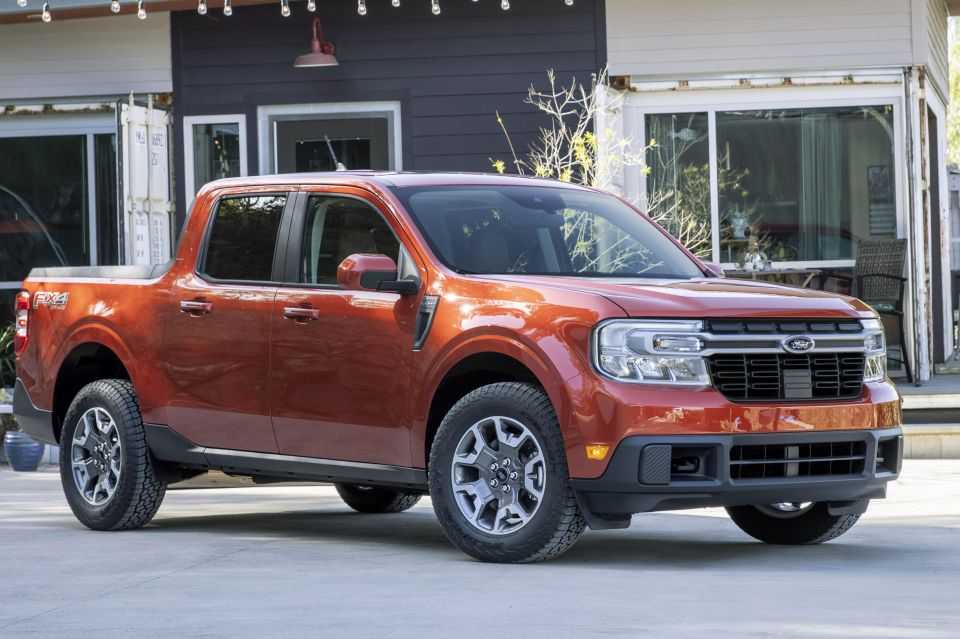
In the US, Ford currently produces two other pickup trucks: the Maverick, related to the Escape and Bronco Sport crossovers, and the Ranger.
The redesigned Ranger is due in Australia this year but won’t launch in the US until 2023.
Ford has yet to confirm where US-market Rangers will be built, but due to the Chicken Tax – a 25 per cent import tariff on light trucks – it’ll likely continue to be produced in the US.
The outgoing model is manufactured in Wayne, Michigan.
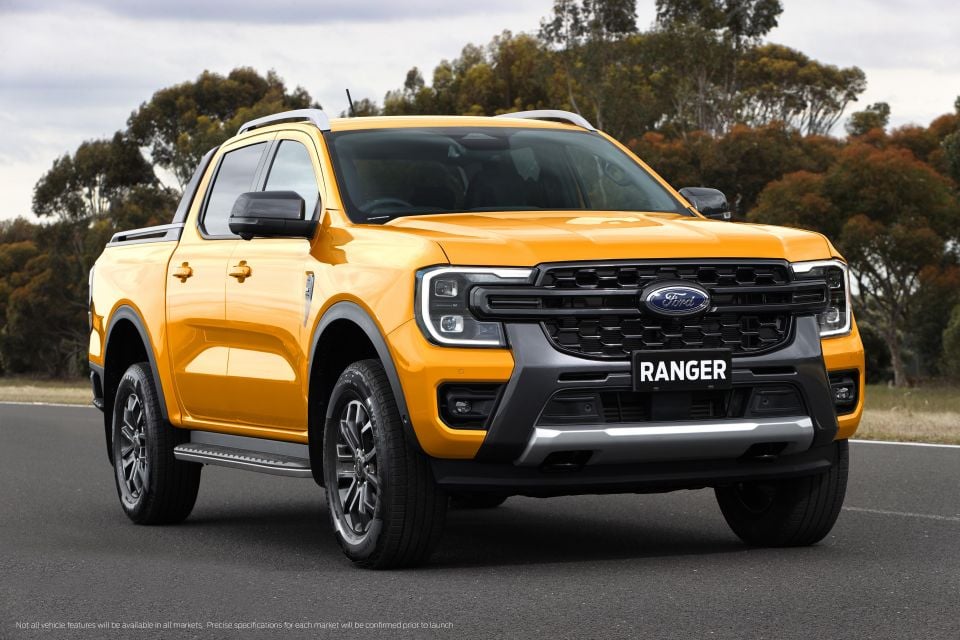
The redesigned Ranger has been confirmed by Ford Europe to receive a plug-in hybrid variant by 2024, but Volkswagen has been making noise about the potential for an electric pickup truck.
Its upcoming Amarok is based on the Ranger.
“We’re looking at a pure-electric version,” Lars Krause, Volkswagen Commercial Vehicle board member responsible for marketing, told Autocar.
“It’s still early, but it’s something we’re considering within the lifecycle.”
The Amarok’s (and ergo, the Ranger’s) body-on-frame architecture can accommodate an electric drivetrain and battery pack, according to Mr Krause.
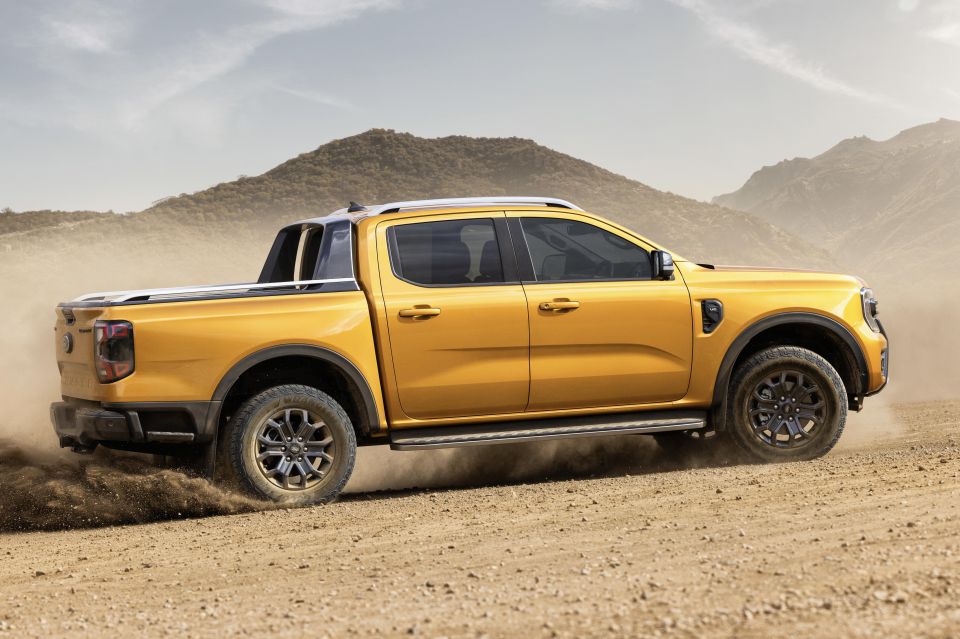
“We think it’s possible. Obviously, we’d need to modify certain elements. But yes, we’re seriously considering an electric variant,” said Mr Krause.
Ford’s T6 chief platform engineer Ian Foston has confirmed the Ranger has been engineered for electrification.
“Platform lifecycle is anything up to 10 to 12 years. We said, well, clearly electrification is going to be something which we have to consider going forward,” Mr Foston said.
“So we made sure the platform was capable of it. And we engineered electrification into it, to make sure that all the different propulsion technologies would be able to fit within the platform going forward.”
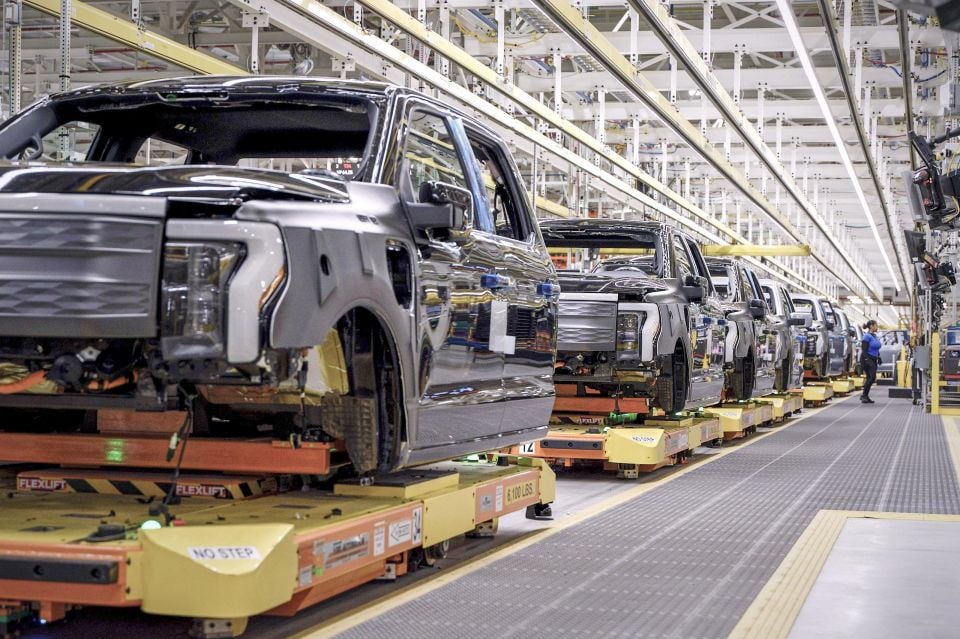
Volkswagen’s North American chief, Scott Keogh, has already spoken about his desire to introduce an electric pickup truck, though he didn’t say what form such a model would take.
Should Volkswagen produce an electric Amarok, an electric version of the Ranger becomes a distinct possibility.
An electric version of the hot-selling Maverick would also give buyers a more affordable electric pickup option.
Ford is aiming to produce 600,000 electric vehicles annually by the end of 2023 and two million per year by 2026.
It intends to not only become the world’s largest electric pickup truck manufacturer, but to also overtake Tesla as the world’s largest EV maker at some unspecified time.
Where expert car reviews meet expert car buying – CarExpert gives you trusted advice, personalised service and real savings on your next new car.
William Stopford is an automotive journalist with a passion for mainstream cars, automotive history and overseas auto markets.


Max Davies
5 Hours Ago
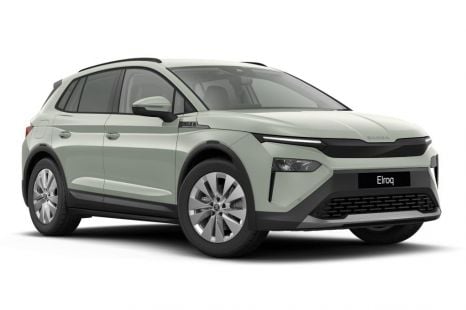

Max Davies
5 Hours Ago


Ben Zachariah
6 Hours Ago


William Stopford
6 Hours Ago
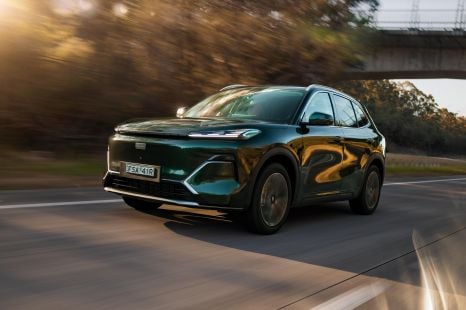

James Wong
10 Hours Ago
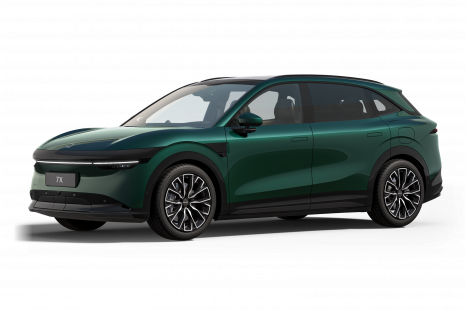

Damion Smy
12 Hours Ago